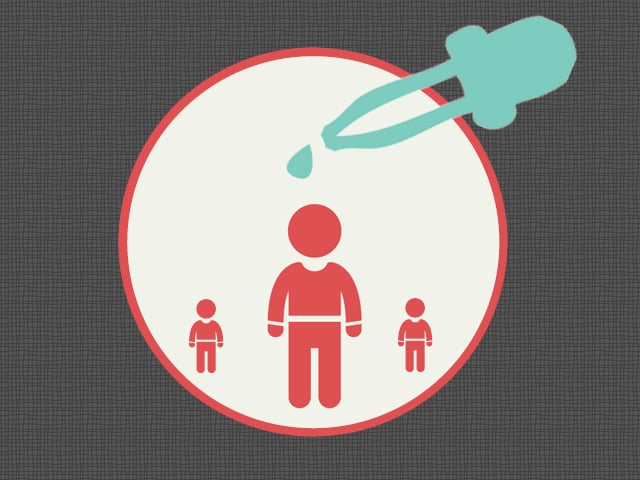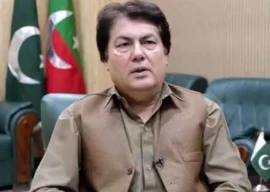
In a bid to revive the national-level Expanded Programme on Immunisation (EPI), the Ministry of National Health Services, Regulations and Coordination (NHSRC) appointed two of its public health experts on key positions in EPI.
According to a notification issued by the ministry, Dr Rana Muhammad Safdar, who was serving as the principal epidemiologist at the National Institute of Health, has been appointed as the EPI national programme manager, while Health Services Academy Assistant Professor Dr Ejaz Khan has taken over as the EPI surveillance director.
The EPI is a crucial tool in Pakistan, which has one of the highest rates of child mortality in the world and nearly half of all deaths occur among children who are less than five years old. Around a third of such deaths are due to vaccine-preventable diseases. Moreover, Pakistan is one of the three countries in the world where polio transmission remains endemic.

Talking to The Express Tribune, an NHSRC ministry official requesting anonymity said that in the past, the programme had been run by political appointees who lacked basic knowledge about EPI programmes.
This was reflected by the recent outbreaks of measles in the country, which could not be detected due to poor surveillance mechanisms, and even the programme’s monitoring and evaluation system could not identify the poor vaccination coverage in almost all geographical regions of the country, said the official.

While quoting the Pakistan Demographic Health Survey (PDHS) 2012-13, the official said it presents the truly sorry state of affairs of routine immunisation coverage in the country.
“Local and international donors have also expressed concerns and even criticised Pakistan over its unsatisfactory coverage of routine immunisation, which claimed over 300 lives as a result of the measles outbreak,” said the official.
Meanwhile, talking to The Express Tribune, Dr Rana Muhammad Safdar, the newly posted EPI national programme manager, said Pakistan’s biggest challenge is to improve immunisation coverage and bring it at par with international standards.
“It is difficult but not impossible. What we need is to identify the loopholes and strengthen coordination between the provinces and federal departments,” he said.
He said after the dissolution of the health ministry, the provinces have yet to step up and take lead roles in immunisation activities, but hoped that they will be able to do so in the future.
Published in The Express Tribune, September 4th, 2013.




1719319701-0/BeFunky-collage-(10)1719319701-0-165x106.webp)



1735126617-0/Untitled-design-(67)1735126617-0-270x192.webp)


1735025557-0/Untitled-(96)1735025557-0-270x192.webp)











COMMENTS
Comments are moderated and generally will be posted if they are on-topic and not abusive.
For more information, please see our Comments FAQ